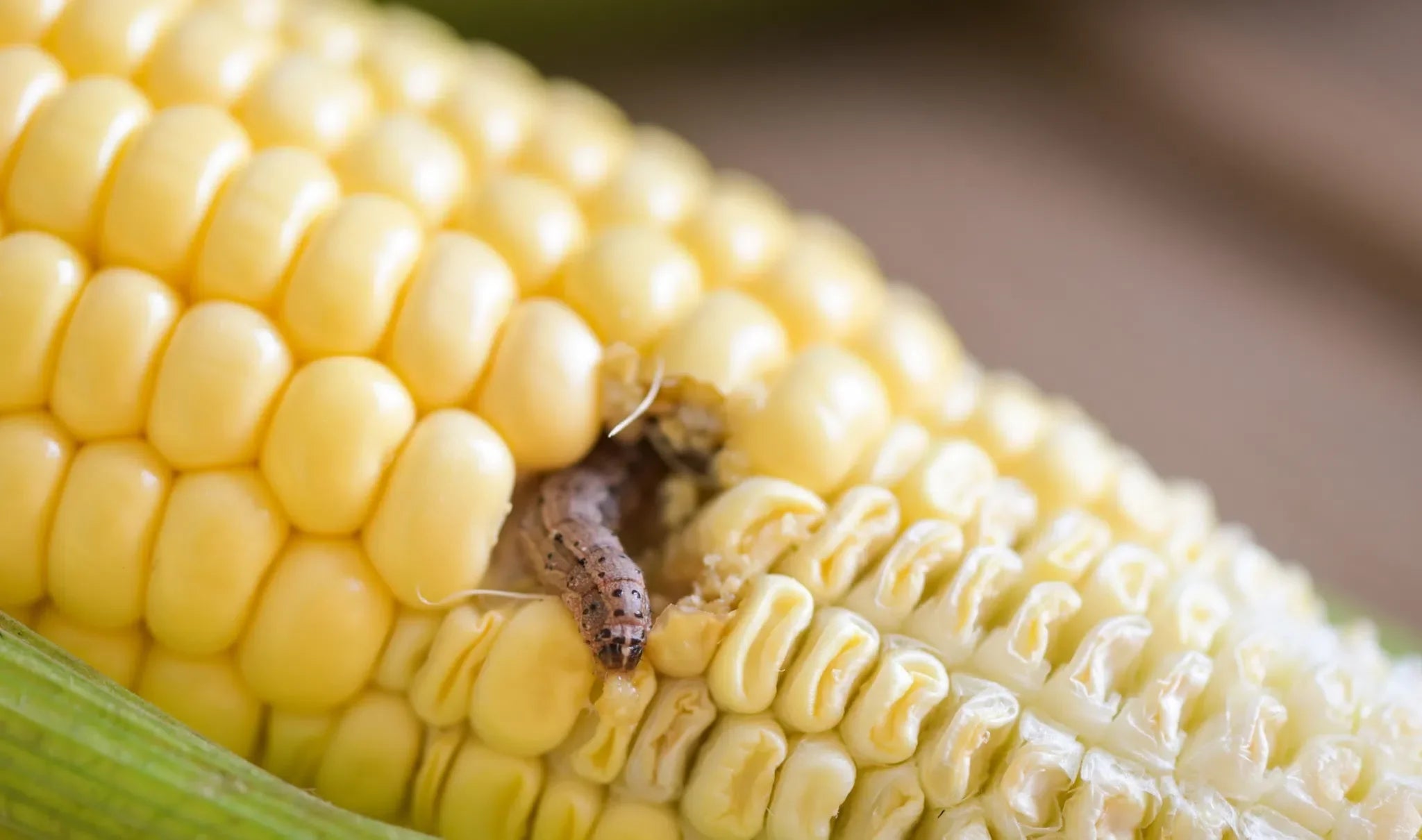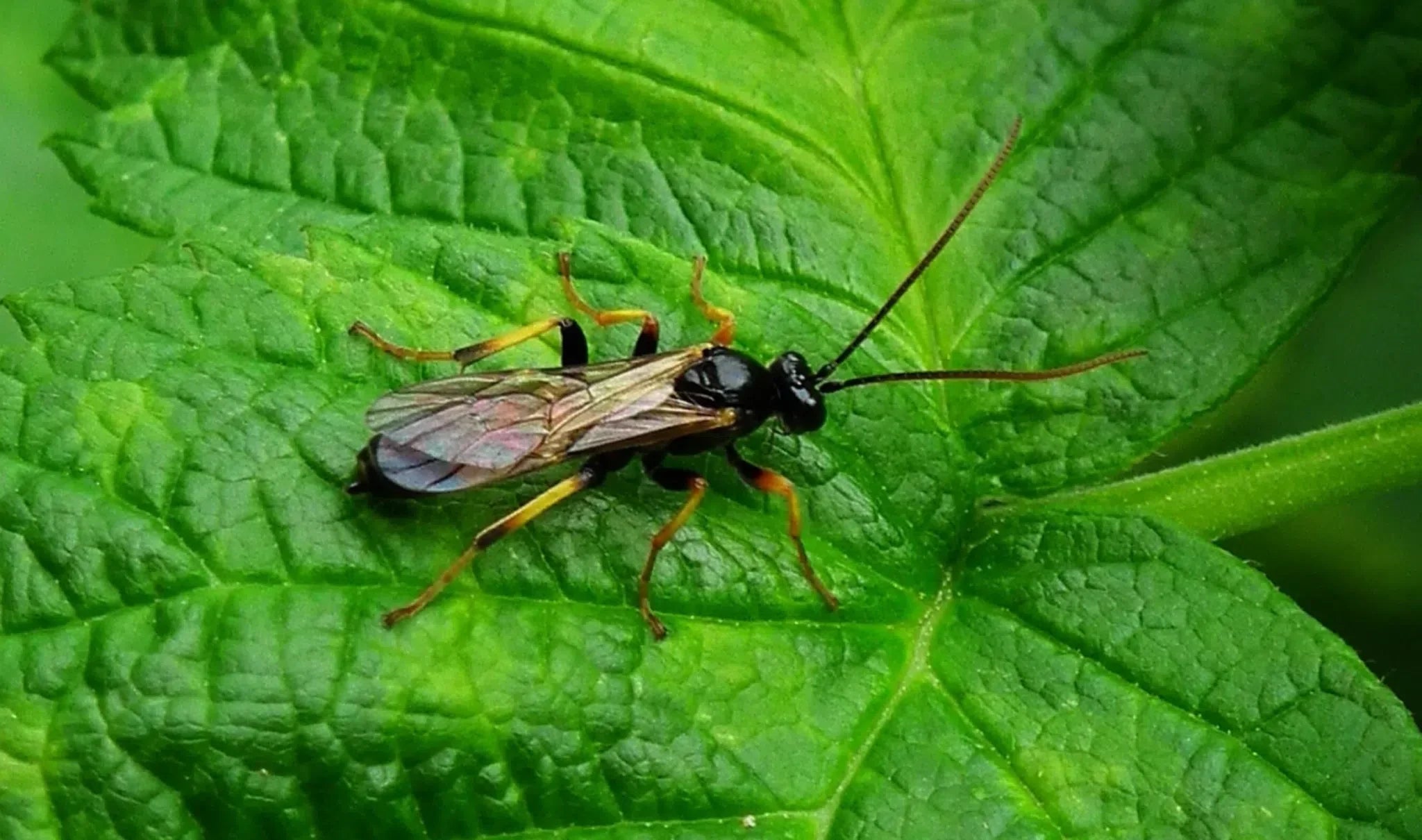Identify and combat brass ball beetles naturally
Brass pill beetles are troublesome pests that are primarily found in damp and poorly ventilated areas such as basements or pantries. Their presence can cause significant damage to food and other organic materials.
In this article, you will learn how to identify and effectively combat brass pill beetles and prevent future infestations – using environmentally friendly methods such as the use of beneficial insects such as the warehouse beetle (Xylocoris flavipes) and the parasitic wasp (Lariophagus distinguendus) .
An overview of the pest
The brass bullet beetle (Niptus hololeucus) is a small, round beetle commonly found in areas of high humidity. Both adults and their larvae feed on a variety of organic materials, including dried foods, wood, and textiles.
It is crucial to detect infestation early to prevent major damage and initiate effective control measures.
Life cycle and reproduction
The life cycle begins when the females lay their eggs near food sources. After a few days, the larvae hatch and immediately begin feeding. After several weeks, they pupate, and after about two to three weeks, the adult beetles emerge.
In humid environments, the brass pill beetle can reproduce quickly – so it is important to break the cycle.
How do you recognize an infestation?
An infestation is usually indicated by signs of gnawing on food, wood, or paper. The small, round beetles themselves can also often be found in dark, damp corners. As soon as these signs are visible, immediate action should be taken to prevent the infestation from spreading.
Natural methods to combat
A particularly effective and environmentally friendly method is the use of beneficial organisms:
- Warehouse pirates (Xylocoris flavipes): Predatory insects that feed on the eggs and larvae of pests, effectively reducing their population.
- Ichneumon wasps (Lariophagus distinguendus): Parasitize the larvae and prevent them from developing further.
These beneficial organisms can be released specifically into infested rooms and begin to combat the infestation immediately. Mechanical measures such as thorough cleaning and drying of affected areas and the disposal of infested materials are also helpful.
Preventive measures
- Regular cleaning and good ventilation of storage rooms
- Avoid moisture – the environment should be kept as dry as possible
- Store food in airtight containers
- Check wood, paper and textiles regularly for pest infestation
- Preventive use of beneficial organisms
Products for natural control
In our range, you'll find a selection of natural products for controlling brass pill beetles. The following have proven particularly effective:
- Camp pirates (Xylocoris flavipes)
- Parasitic wasps (Lariophagus distinguendus)
These environmentally friendly options offer a sustainable alternative to chemicals. We also offer mechanical tools that help you specifically control infested materials.
Conclusion
Controlling black-capped pill beetles doesn't have to be complicated. With the targeted use of beneficial insects and well-thought-out preventative measures, you can create a hygienic and safe storage environment.
Protect your supplies naturally – our products will help you!



